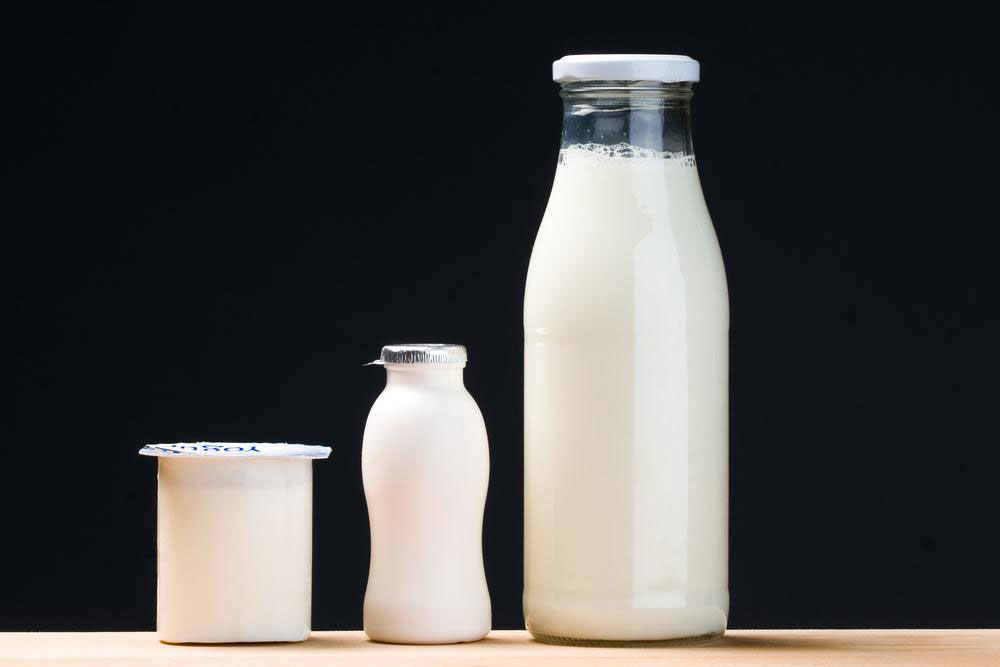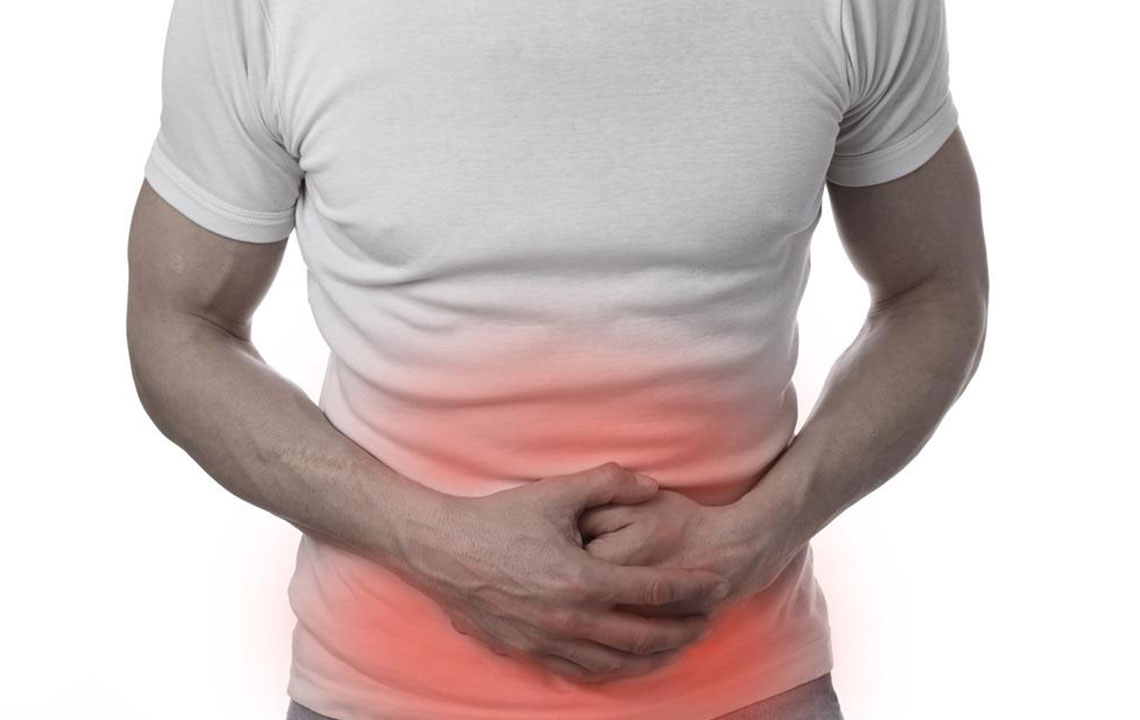Ease Constipation with Probiotics
Probiotics are beneficial bacteria that are present in foods such as yogurt. A lot of research is being conducted on probiotics and constipation. Do they actually relieve constipation? Read on to know more. These friendly bacteria are known for being helpful for digestion. You can relieve your digestive woes by including the right amount of probiotics in your diet. Probiotics are also present naturally in the digestive tract. The extensive research concludes that probiotics have beneficial effects on those who suffer from or are prone to gastrointestinal conditions.

Since maintaining a balance of good bacteria in the body is essential, you should take your ongoing dose of probiotics into your diet. It will top up the naturally existing friendly bacteria in your digestive tract and keep you healthy.
Where can you get probiotics from?
Probiotic supplements are very common these days. If you suffer from constipation, your doctor may prescribe probiotic tablets. These supplements are readily available in drug stores and are known to have healing effects on constipation. Probiotic supplements mostly contain friendly bacteria such as Bifidobacterium or Lactobacillus. These two are the most commonly used species of bacteria that are used as probiotics and constipation is a disease that can primarily be treated with it.
Feed your probiotics with prebiotics
To treat constipation, it is not only essential to have an adequate intake of probiotics but also to include enough fibers in the diet. Indigestible fiber contains prebiotics that feeds the probiotics selectively. This process helps the friendly bacteria to grow faster than the harmful bacteria and overpower them. Prebiotics or fibers are healthy for you as all prebiotics are extracted from plant-based sources. Prebiotics may be naturally found in vegetables such as onions, chicory roots, and artichokes. Food sources rich in prebiotics may taste sweet. Nevertheless, they are suitable for you even if you have diabetes.
How do Probiotics work?
Probiotics treat constipation and other digestive problems by extracting nutrients from the food you eat. These good bacteria release enzymes that break down the food. This process is beneficial for your digestive system and also helps the probiotics to grow. Friendly bacteria or probiotics respond appropriately to their environment and release just the right kind of enzymes to foster your digestion. They ease digestion and effectively treat constipation. Probiotics also protect you against pathogenic or harmful bacteria. Your gastrointestinal tract is coated with probiotics so that these friendly bacteria can fight with the harmful bacteria, i.e., pathogens. When you take a probiotic supplement, you ensure that the pathogens present in your digestive tract do not grow to worrying levels. Supplements maintain a good balance of probiotics in your body thus reducing the chances of you suffering from constipation.
Consult your physician for the right kind of probiotics
If you want to try probiotics and constipation is what you suffer from, you must consult your doctor without a delay. Your physician will be able to prescribe the most effective probiotic for taking into account your health conditions and age. Research on probiotics and constipation shows that the right kind of probiotics effectively regulates and increase bowel movements. They also help in softening stool, thus curing constipation.
Probiotics that contain Bifidobacterium are known to be most effective in treating constipation. However, it is difficult to zero down on the perfect probiotic. You should seek medical help for choosing the right kind of probiotics for your digestive health.
Choose a strain backed by research
All probiotic supplements available in drug stores are not standardized. These supplements might work differently and have different effects on your health, although side effects of probiotics are not known yet.
You should choose a strain on which adequate research has been done. A strain is the most fundamental or the smallest identifier which scientists use for categorizing bacteria. The genus, species, and the strain of probiotics characterize these good bacteria. Do a strain-specific research before choosing a probiotic supplement. This way, you will be sure of what the strain does.
Treat constipation with probiotics
Probiotics are known for their general beneficial effect on digestive health. Moreover, these friendly bacteria are known for their specific helpful effects in treating constipation. Bifidobacterium lactis or BB 12 is a probiotic strain which is known for effectively easing constipation. This strain lubricates your gut and ensures good digestive health by converting prebiotic fibers into short chain fatty acids.
Although stimulants and osmotic laxatives are often prescribed for constipation, probiotics have better effects naturally. They treat constipation and don’t cause any irritation to your gut in the process. There are no known side effects of probiotics. Even the probiotic supplements don’t cause any irritation to other digestive aspects. Probiotics do not entail any risk of dehydration. This means that you can take probiotic supplements every day on an ongoing basis. The best way to treat constipation is to take a supplement or diet that contains both prebiotics and probiotics.




